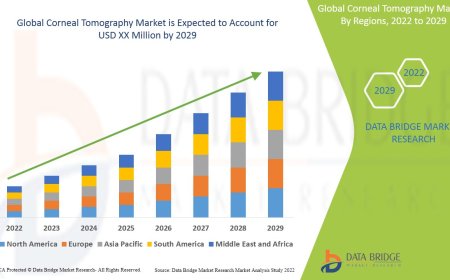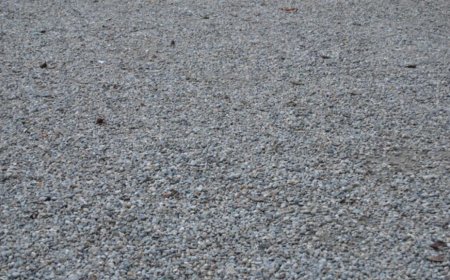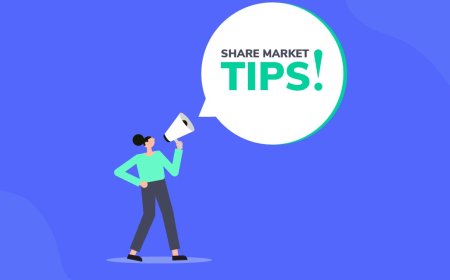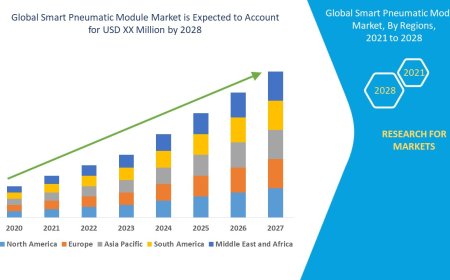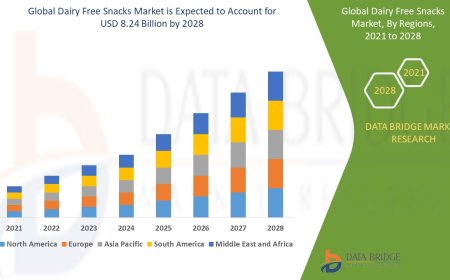On-Page SEO vs. Off-Page SEO – Key Differences
Know where to focus for results. Learn how both On-Page and Off-Page SEO work together for maximum impact with Logo Design Studios.

Search engine optimization (SEO) is one of those terms that gets tossed around a lot in the digital spacebut when you really get down to it, many people still wonder: whats the difference between on-page SEO and off-page SEO? And more importantly, which one should you be focusing on to get actual results?
If youve asked yourself these questions, you're not alone. The answer is both simple and strategic: both on-page and off-page SEO matter. But they do very different thingsand understanding how they work (and work together) is the first step to boosting your sites visibility and authority online.
Lets break it all down in a way thats easy to digest and even easier to apply.
What Is On-Page SEO?
Lets start with the one you have the most control overon-page SEO.
On-page SEO refers to all the optimization you do on your actual website pages. That means anything that helps search engines and users understand what your content is about. Think of it as the stuff you can tweak, refine, and improve right there on your site.
Key Elements of On-Page SEO:
- Keywords: These are the terms and phrases people are typing into Google. You need to include them naturally in your content, titles, headers, meta descriptions, and even image alt text.
- Meta Tags: These include your title tags and meta descriptionsthe snippets that show up in search results. Well-written ones can dramatically increase click-through rates.
- Header Tags (H1, H2, etc.): These help structure your content and make it easier for search engines and readers to understand what each section is about.
- Internal Linking: Linking to other pages within your own site keeps users engaged and helps search engines crawl your site better.
- Page Load Speed: A slow website will frustrate users and Google. Optimize images, minimize code, and consider a content delivery network (CDN).
- Mobile Friendliness: With mobile-first indexing, Google prioritizes mobile usability. If your site isnt optimized for smartphones, you're missing out.
- Content Quality: Perhaps the most important. Is your content useful, informative, original, and well-written? Thats what keeps people readingand coming back.
In essence, on-page SEO is all about making your site relevant, readable, and crawlable for both users and search engines.
What Is Off-Page SEO?
If on-page SEO is what you do on your site, off-page SEO is everything you do off your site to improve its ranking and authority.
This is where things get a bit trickier, because off-page SEO relies more on othersother websites, other mentions, other peoples engagement. Its your sites reputation on the internet.
Key Elements of Off-Page SEO:
- Backlinks: Arguably the most powerful factor in off-page SEO. When other reputable websites link to your content, Google sees this as a vote of confidence.
- Social Media Sharing: While social signals arent a direct ranking factor, content that gets shared a lot often earns more backlinks and traffic.
- Guest Posting: Writing content for other websites in your niche not only boosts your visibility but also helps generate backlinks.
- Online Mentions and Brand Awareness: Even when people talk about your brand online without linking to your site, it builds your authority.
- Reviews and Ratings: Positive reviews on platforms like Google, Yelp, and industry directories increase trust and local SEO performance.
In short, off-page SEO is about building credibility, trust, and visibility beyond your own web pages.
On-Page vs. Off-Page SEO: The Key Differences
Now that we know what each one involves, lets draw a clear line between them:
|
On-Page SEO |
Off-Page SEO |
|
Happens on your website |
Happens outside your website |
|
Controlled by you |
Influenced by others |
|
Optimizes content, structure, and code |
Focuses on trust, authority, and promotion |
|
Examples: keywords, headings, content, mobile-friendliness |
Examples: backlinks, social sharing, guest blogging |
But here's the kicker: you need both. They work best as a team.
How On-Page and Off-Page SEO Work Together
Think of your website as a house.
- On-page SEO is building that house solidly: great layout, easy navigation, clean design, and strong materials.
- Off-page SEO is like word-of-mouth marketing: people talking about your amazing house, sharing pictures of it, and recommending others to visit.
You could have the most beautifully optimized website, but without backlinks or mentions, no one may ever find it. On the flip side, you could be generating tons of buzz online, but if your site is poorly structured or slow, visitors will bounce right off.
Together, they create the full picture that search engines like Google use to rank your siteand users rely on to decide whether to trust and engage with your content.
Where Should You Start?
Heres the honest truth: start with on-page SEO.
You cant build a reputation (off-page) for a site that doesnt offer value in the first place. Get your website in shape. Nail down high-quality content, use strategic keywords, fix technical issues, and make it visually appealing and fast-loading.
Then, once your house is in order, move on to outreach. Start networking with other site owners. Contribute guest posts. Build a presence on social platforms. Encourage satisfied customers to leave reviews.
SEO isnt a one-time thingits an ongoing strategy. And both sides of the coin need attention.
A Few Pro Tips for Success
- Dont Overstuff Keywords: Its not 2010 anymore. Google wants naturally written content thats helpful to readers.
- Build Relationships, Not Just Links: Reach out to other bloggers, creators, and businesses in your space. Genuine connections often lead to valuable backlinks.
- Track Your Efforts: Use tools like Google Analytics, Search Console, and backlink checkers to see whats working and what needs adjusting.
- Keep Learning: SEO is always evolving. Staying current means staying competitive.
Bringing It All Together (and How We Fit In)
If all this talk of optimization, backlinks, and meta tags feels a bit overwhelming, dont worryyoure not expected to be an expert in everything. Thats where strategic, creative support makes a difference.
At Logo Design Studios, we understand that a website isnt just a pretty pageits your brands engine for growth. While our name highlights our expertise in visual identity, our approach goes far deeper. We help businesses align their design, content, and SEO strategies so theyre not just seenbut remembered.
Whether youre looking to strengthen your on-page presence, build your authority off-page, or simply create a better online experience for your audience, having the right team behind you makes all the difference.
Because lets be honestSEO isnt just a strategy. Its the bridge between your message and the people who need to hear it.
Conclusion
So, On-page vs. Off-page SEO? Its not a battleits a balance. When you get both working in harmony, thats when the magic happens.
Start with what you can control, then grow outward. And dont be afraid to bring in creative partners like Logo Design Studios to help you craft a strategy that gets real results.
Your website has the potential to do so much more than exist. With the right SEO foundation, it can lead, convert, and inspirejust like it should.














